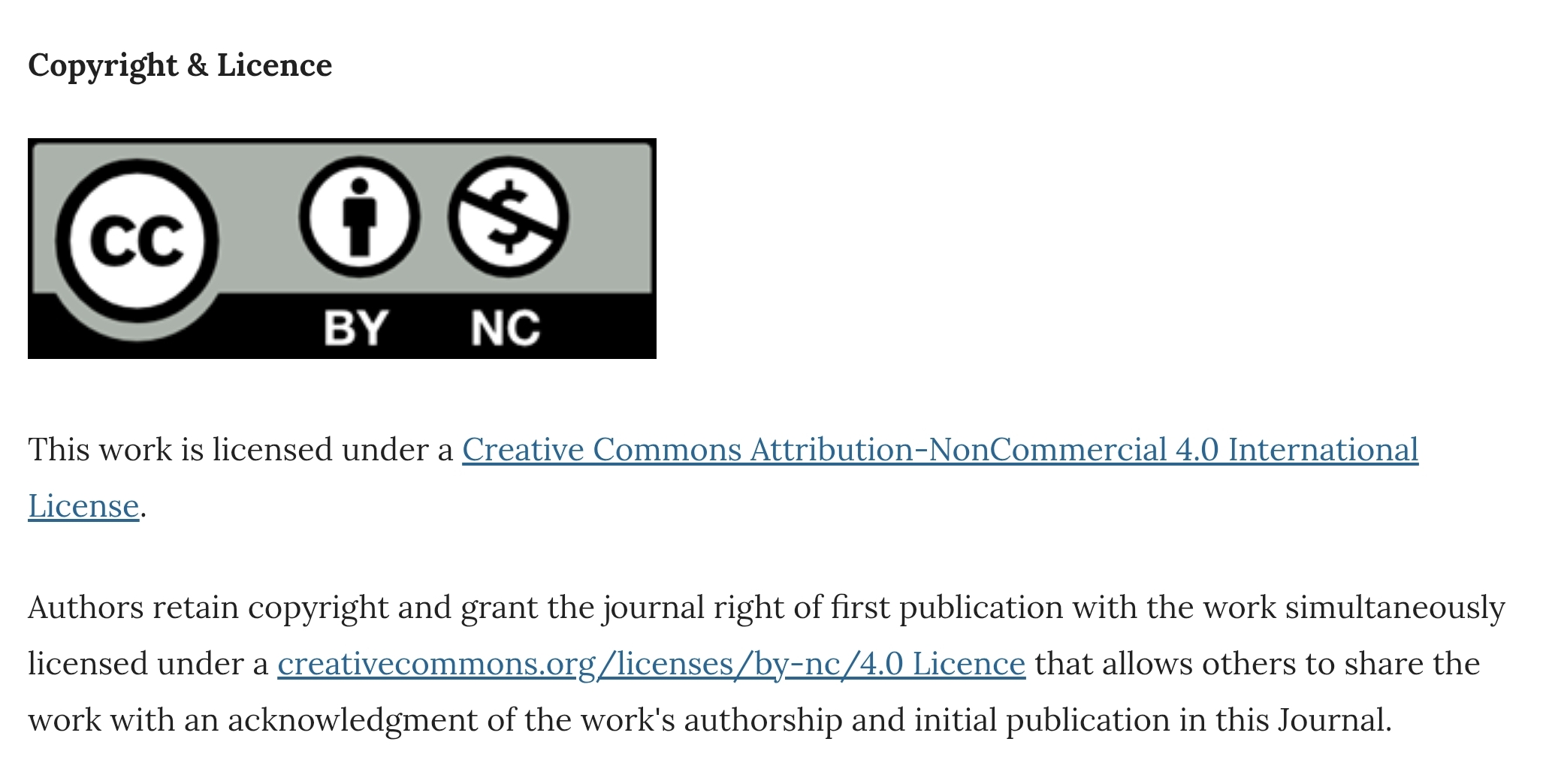Community Attitude towards Mental Illness- 12 Item Questionnaire (CAMI-12) - Malayalam Version
DOI:
https://doi.org/10.30834/KJP.38.1.2025.523Keywords:
Rating Scale, CAMI-12, Malayalam Version, Community, Attitude to Mental IllnessAbstract
The 12- item Community Attitude towards Mental Illness (CAMI-12) scale was derived from the original Community Attitudes toward the Mental Illness (CAMI) scale developed by Taylor and Dear in 1981. The questionnaire consisted of Forty attitudinal statement about mental illness. CAMI was used to measure community attitudes towards people with mental illness, with participants saying how much they agreed or disagreed with each statement on a 5-point Linkert scale.1 The 12 CAMI statements were phrased in both positive and negative directions. These 12 items were grouped into the two subscales: Prejudice and Exclusion (PE) and Tolerance and Support (TS) with 6 questions in each subscale.2 Positive views were expressed by agreement with ‘Tolerance and Support’ items and disagreement with ‘Prejudice and Exclusion’ items. The degree of a respondent’s agreement or disagreement was rated on a 5-point Likert Scale which was scored as follows: 0 for ‘disagree strongly’, 25 for ‘disagree slightly’, 50 for ‘neither agree nor disagree’, 75 for ‘agree slightly’ to 100 for ‘agree strongly’. Negative statements were scored in reverse so that in each case, a higher score represented a more positive attitude. There was also a sixth option of ‘Don’t know’ and but were excluded from the calculation of the mean score.2 Mean score of positive statements and negative statements were calculated. Total stigma score was also calculated. The 25th percentile of the total stigma scores are calculated. The participants with total score more than the 25th percentile are having low stigma and those caregivers whose total score less than the 25th percentile have high stigma.
The initial translation of the questionnaire to Malayalam was done by two independent translators whose mother tongue was Malayalam. One translator was given sufficient information to understand the purpose of CAMI-12, while the other was blinded. The two translations were then contrasted with each other. The translations were then back translated to English by another translator whose mother tongue was Malayalam, but had previous experience in translation and was fluent in both spoken and written English. This was done as the service of a translator whose mother tongue was English couldn’t be obtained. The back translator was also blinded to the concept of CAMI-12. A panel constituting principal investigator, the translators, and expert with vast experience in Psychiatry decided on the final version.
The Malayalam version of CAMI-12 total score had a high internal consistency with Cronbach’s alpha value of 0.90. The internal consistency of the Malayalam version of the two subscales with Tolerance and Support (TS) and Prejudice and Exclusion (PE) were excellent with Cronbach’s alpha value of 0.89 and 0.90 respectively.3
The test- retest Reliability of the CAMI-12 Malayalam version was assessed with re-administration after 4 weeks. The intraclass correlation of the total score was 0.89 and for the subscales TS and PE were 0.88 and 0.91.3
Downloads
References
Taylor SM, Dear MJ. Scaling community attitudes toward the mentally ill. Schizophr Bull. 1981; 7(2):225-40.. DOI: 10.1093/schbul/7.2.225
Sampogna G, Bakolis I, Evans-Lacko S, Robinson E, Thornicroft, Henderson C. The Impact of Social Marketing Campaigns on Reducing Mental Health Stigma: Results From the 2009–2014 Time to Change Programme. European psychiatry: the journal of the Association of European Psychiatrists. 2016; 40: 116-122. https://doi.org/10.1016/j.eurpsy.2016.08.008.
Ilic N, Henderson H, Henderson C, Evans Lacko S, Thornicroft G. Attitudes towards mental illness. Leeds: The Health and Social Care Information Centre. 2015; Volume 1; Chapter 3; pp: 1-15. https://www.indigo-group.org/wp-content/uploads/2020/01/HSE2014-Ch3-Attitudes-towards-mental-illness.pdf
Sujathan M, Mathew R, Karunakaran A, Michael JP, Punnoose VP. Reliability and validity of Malayalam version of 12-item Community Attitude Towards Mental Illness (CAMI-12) questionnaire. Kerala Journal of Psychiatry. 2023; 36(2):83-91. https://doi.org/10.30834/KJP.36.2.2023.413
The INDIGO Network. Strengthening Mental Health Worldwide. Other Scales &Guides. Internet [cited 2025 May 27]. Available from: https://www.indigo-group.org/other-scales-in-mental-health/
Published
How to Cite
Issue
Section
License
Copyright (c) 2025 Meera Sujathan, Rekha Mathew, Aravind Karunakaran, Jaimon Plathottathil Michael, Varghese P Punnoose (Author)

This work is licensed under a Creative Commons Attribution-NonCommercial 4.0 International License.












